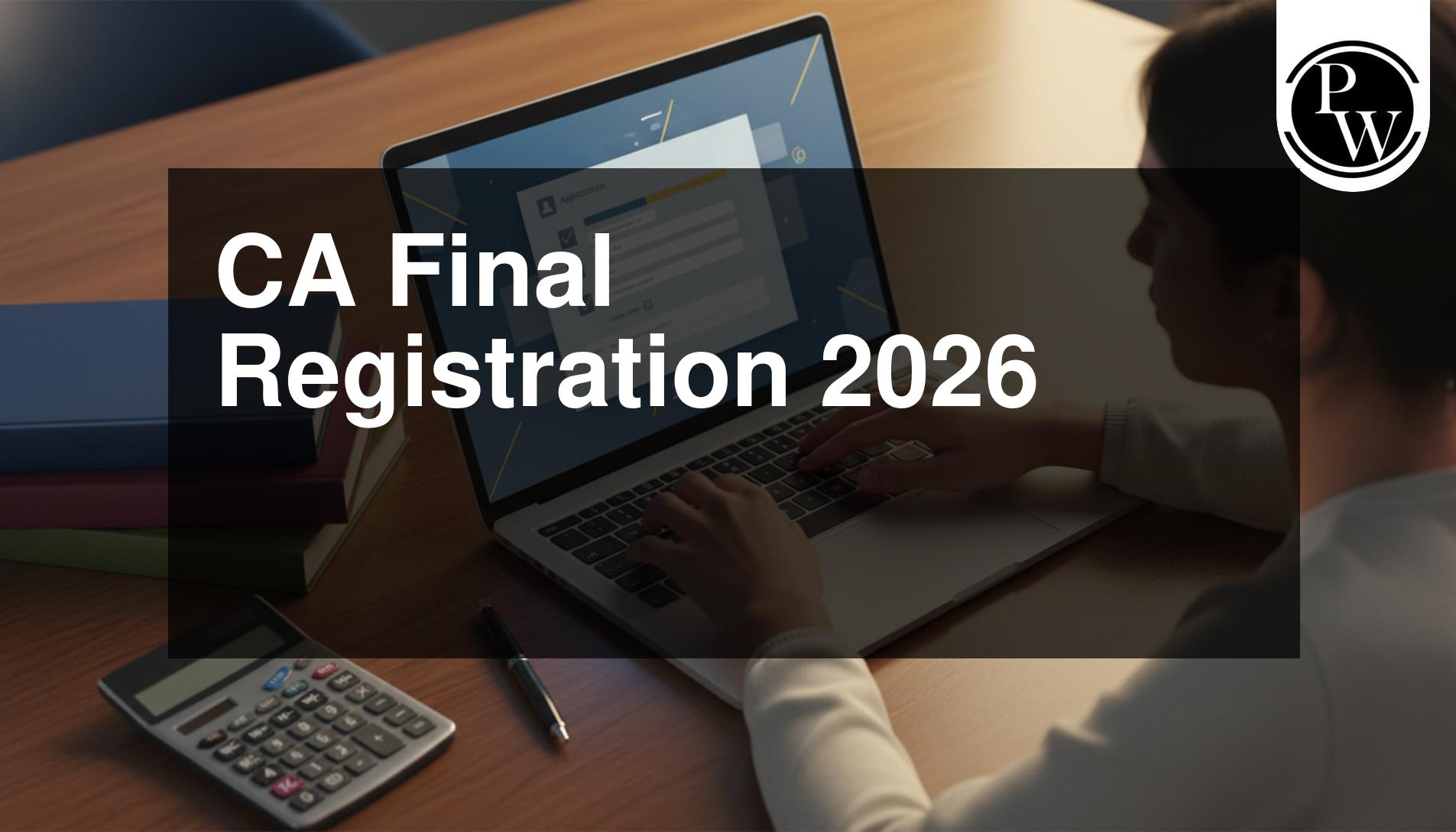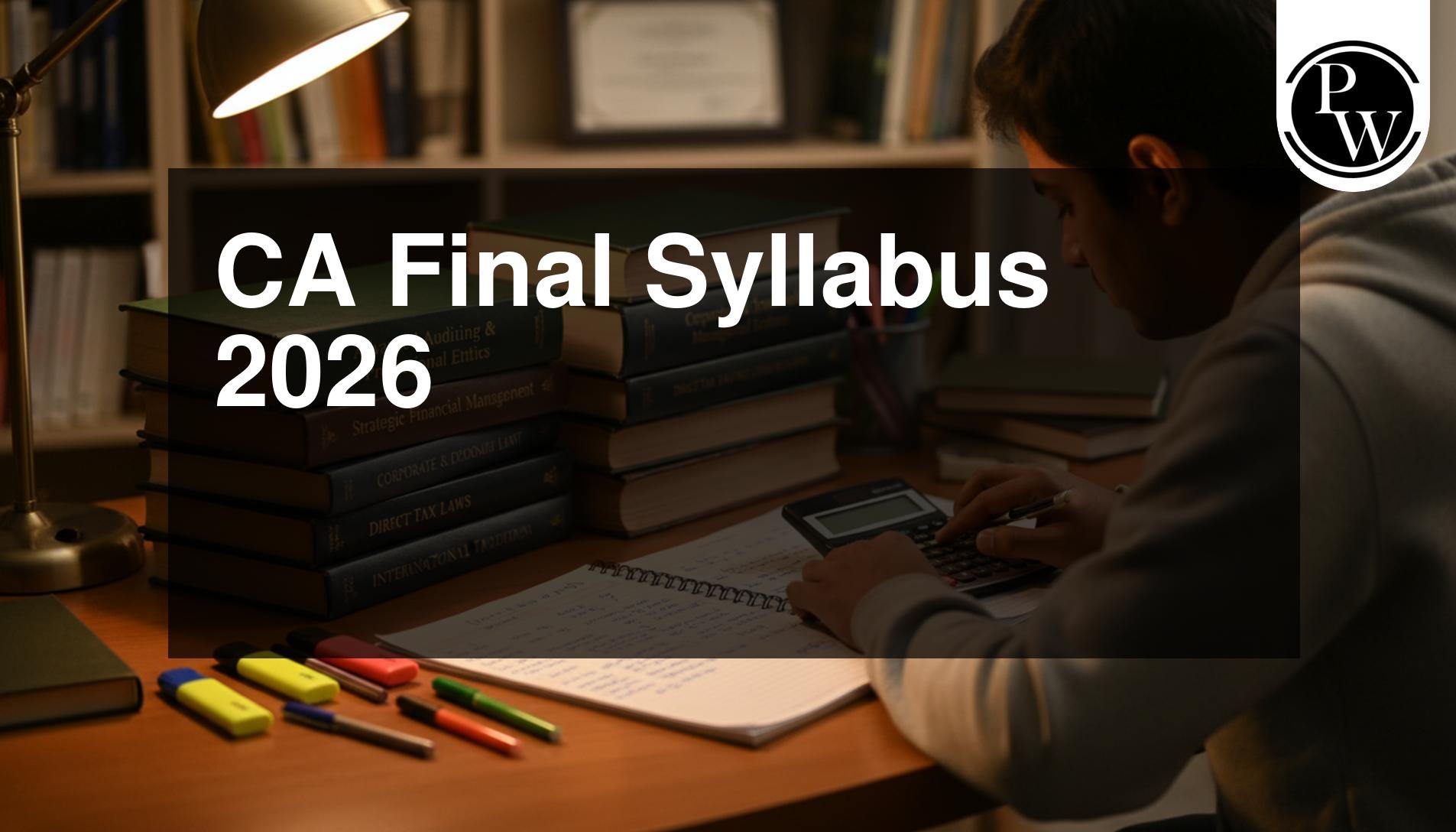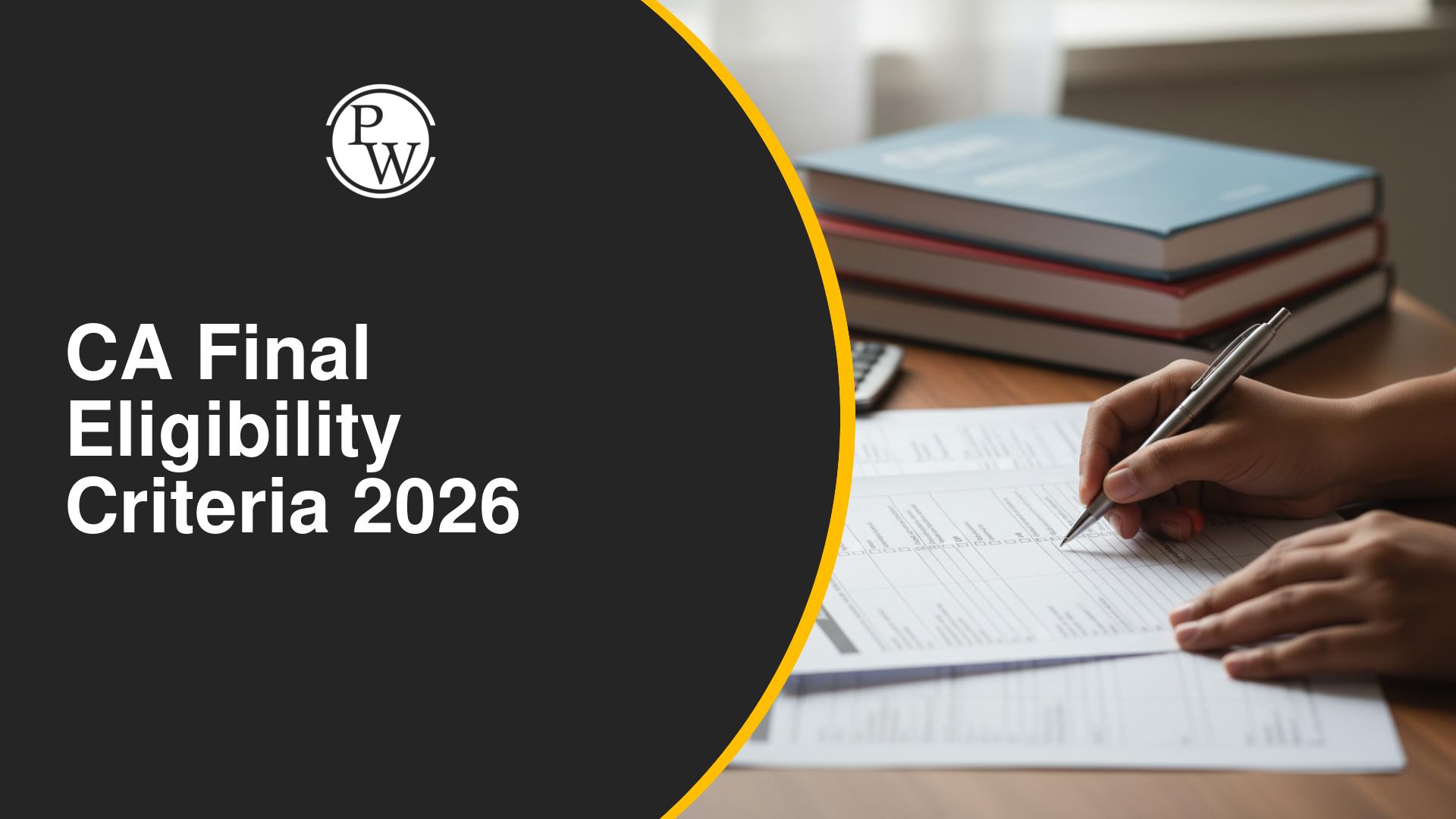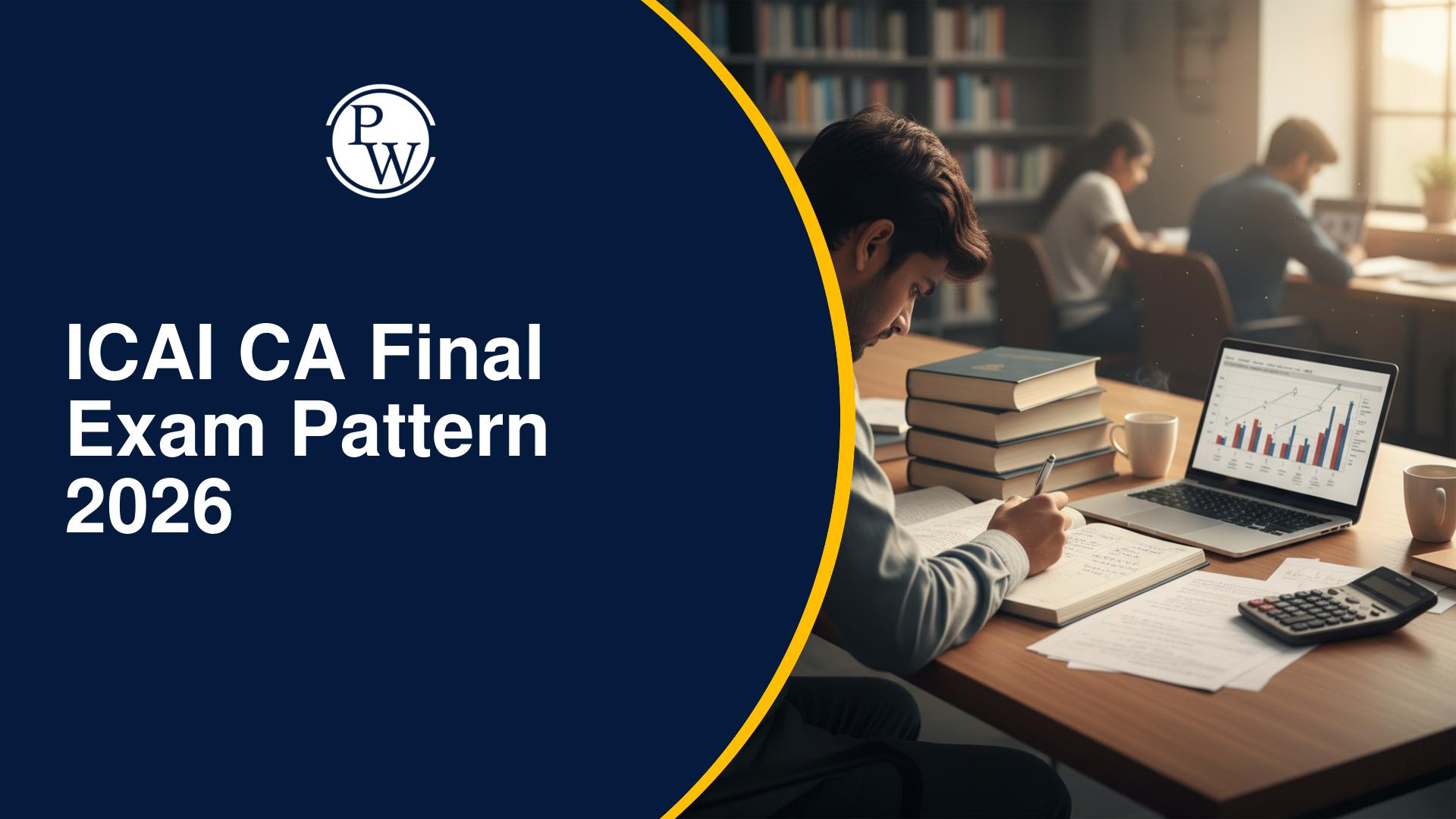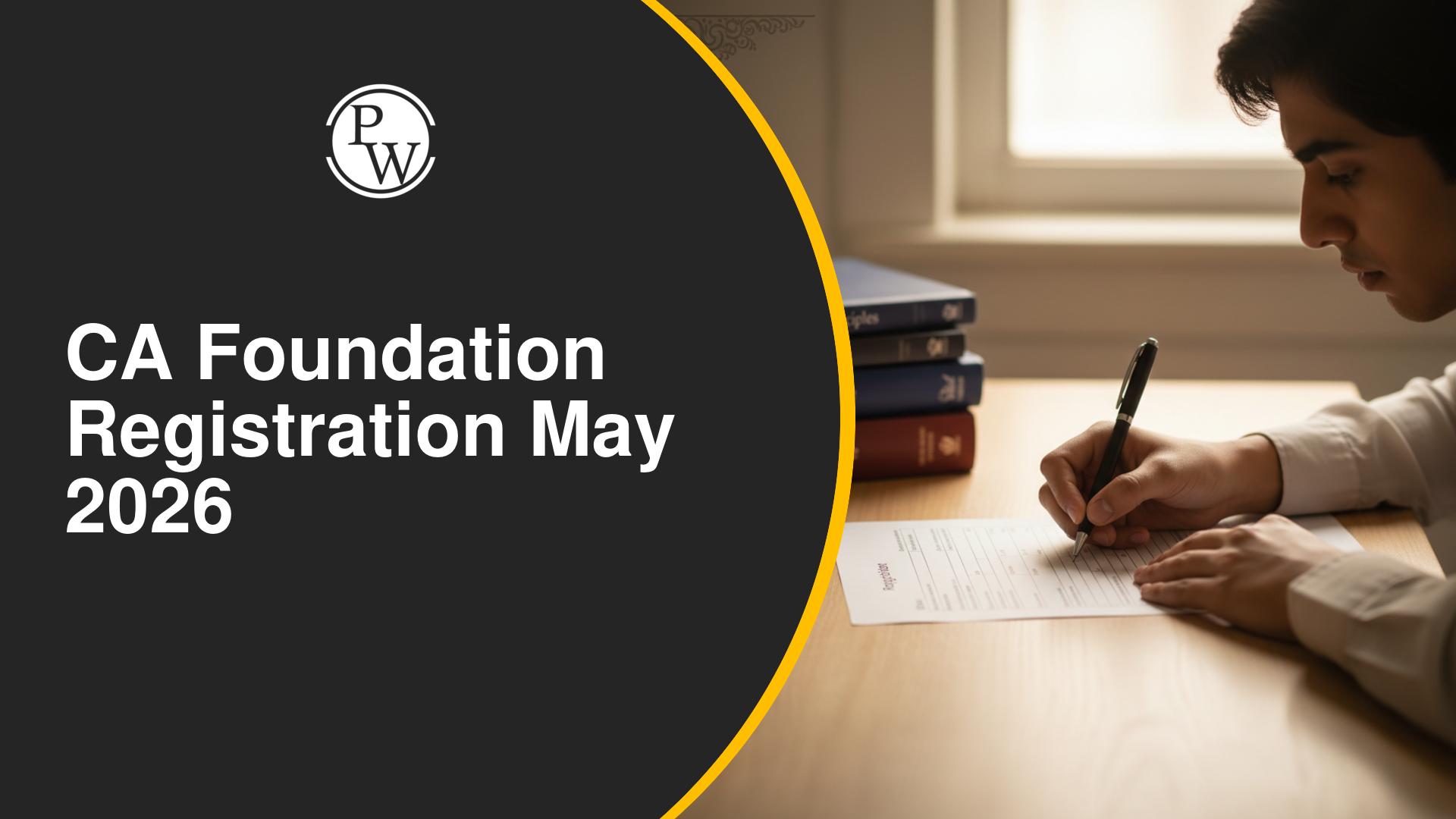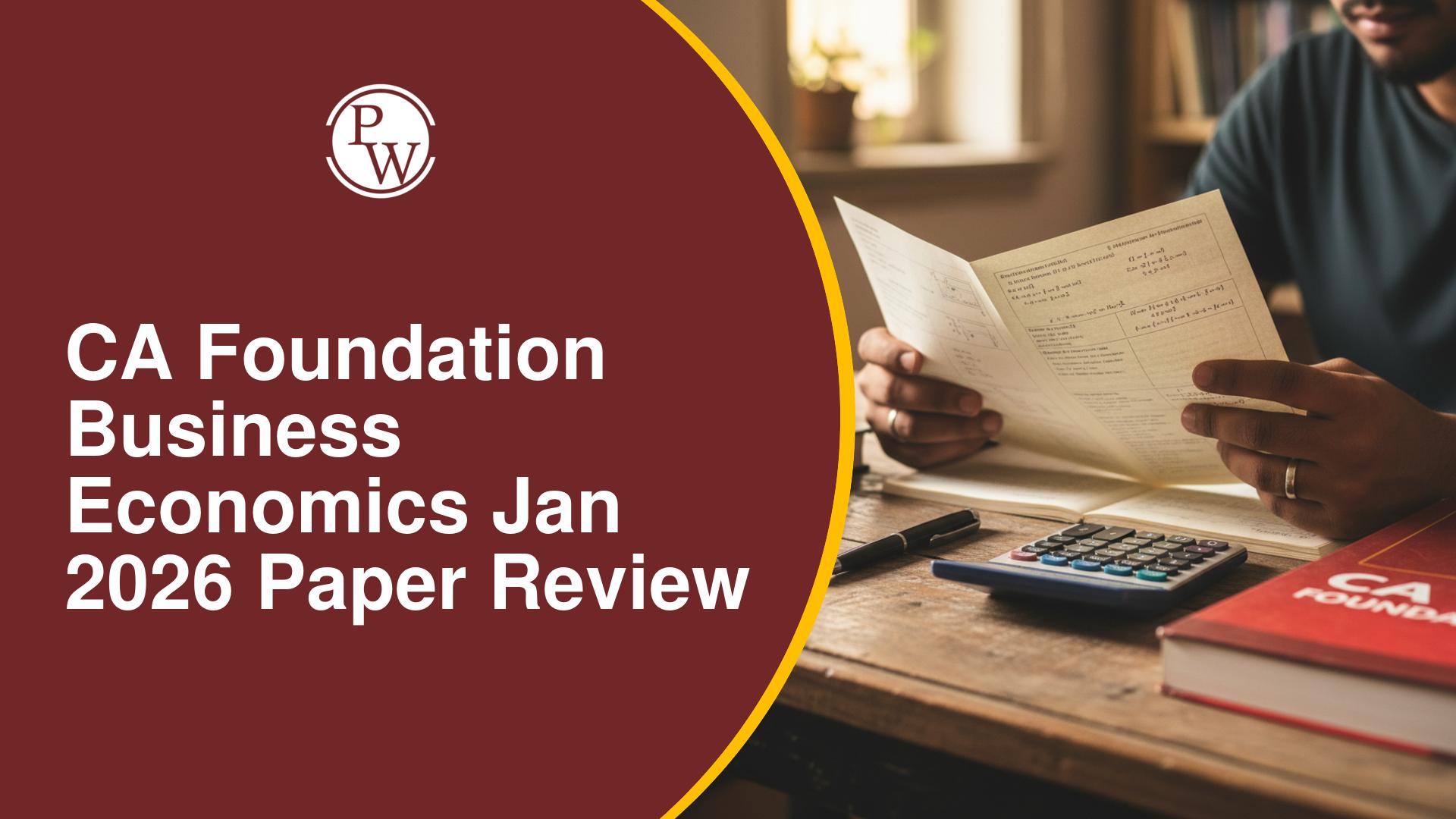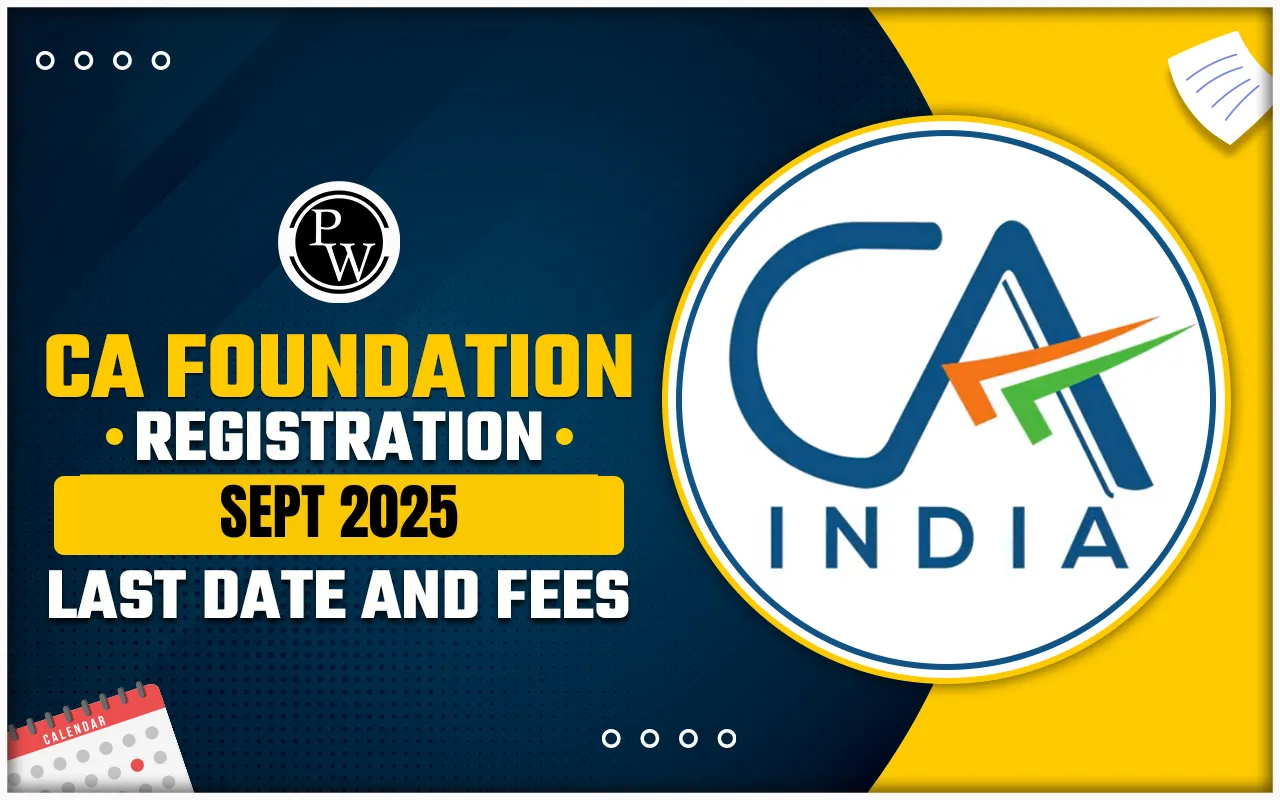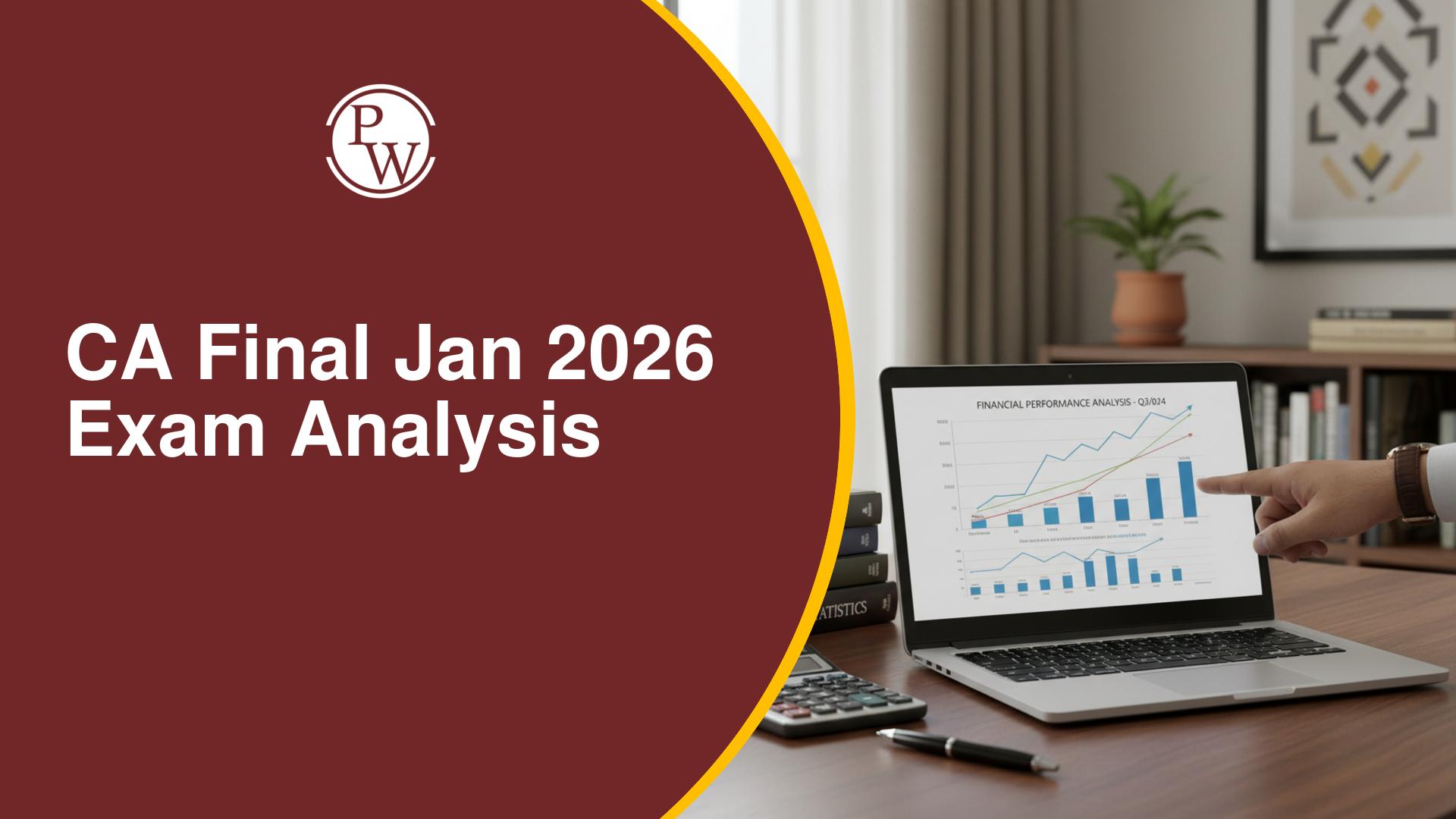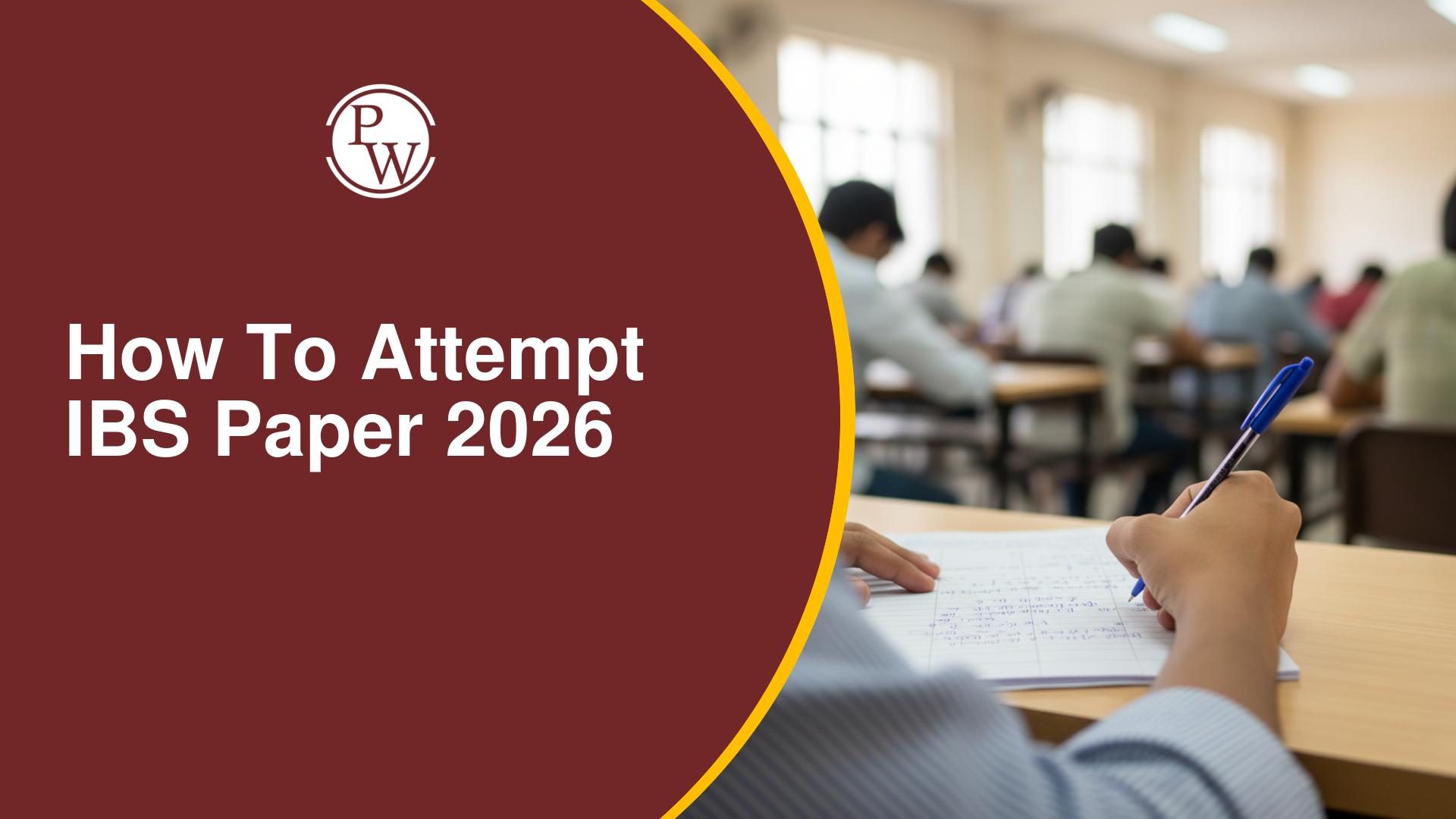
Becoming a Chartered Accountant (CA) is a dream for many students. It’s a career path filled with opportunities, respect, and the promise of a prosperous future. However, with this professional recognition comes a significant amount of responsibility and potential liability, especially for auditors.
In this detailed article, we will delve into Auditors' Responsibilities and Liabilities, ensuring that you are well-prepared for the CA Exams . And remember, for top-notch CA preparation, consider PW CA Coaching – your trusted partner in achieving CA success.Auditors Responsibilities
As an auditor, your primary responsibility is to review and verify the financial statements of a company. This process ensures that the financial records are accurate and comply with the relevant accounting standards and regulations. Here are some key responsibilities:Planning and Conducting Audits
Planning an audit involves understanding the company’s operations and identifying potential risks. Auditors begin by gathering information about the business and its industry. This helps them set the audit’s scope and objectives. They then design an audit plan, which outlines the steps and procedures to be followed. Meticulous planning ensures that auditors can effectively and efficiently examine the financial records, focusing on areas where errors or fraud are most likely to occur.Evaluating Financial Statements
Evaluating financial statements is a critical task for auditors. This involves a detailed review of financial documents like balance sheets, income statements, and cash flow statements. Auditors check for accuracy, ensuring that the financial data reflects the true financial health of the company. They look for inconsistencies, errors, or signs of fraud. This careful scrutiny helps provide assurance to stakeholders that the financial statements are reliable and free from material misstatements.Assessing Internal Controls
Internal controls are the policies and procedures a company uses to safeguard its assets and ensure accurate financial reporting. Auditors assess these controls to determine their effectiveness. They examine how transactions are recorded and how financial information is processed. If internal controls are weak or ineffective, auditors recommend improvements. Strong internal controls help prevent errors and fraud, ensuring the company’s financial data is accurate and trustworthy.Compliance with Laws and Regulations
Ensuring compliance with laws and regulations is a vital responsibility for auditors. Companies must follow various accounting standards and legal requirements. Auditors review the company’s practices to ensure they adhere to these rules. This includes checking that financial statements are prepared according to generally accepted accounting principles (GAAP) or international financial reporting standards (IFRS). Compliance helps avoid legal issues and ensures the company’s financial practices are above board.Reporting Findings
After completing the audit, auditors compile their findings into a comprehensive report. This audit report summarizes the audit process and highlights any discrepancies, errors, or areas of concern. The report also provides recommendations for improvements. Clear and accurate reporting helps the company understand its financial position and make informed decisions. It also provides assurance to stakeholders that the financial statements are reliable.Auditors Liabilities
Liability refers to the legal responsibility auditors hold if they fail to perform their duties with due care. Here are the main types of liabilities an auditor may face:Civil Liability
Civil liability means that auditors can be held responsible if their mistakes cause financial harm to others. For instance, if an auditor fails to detect a significant error in a company's financial statements, investors or creditors who relied on these inaccurate statements could lose money. These affected parties can sue the auditor to recover their losses. Essentially, auditors must perform their duties carefully and accurately to avoid such lawsuits.Criminal Liability
Criminal liability involves serious misconduct like fraud or gross negligence. If an auditor knowingly falsifies financial records or ignores blatant errors that lead to significant financial harm, they can face criminal charges. This could result in hefty fines or even imprisonment. It's crucial for auditors to act with honesty and diligence to avoid such severe consequences.Professional Liability
Professional liability occurs when auditors do not adhere to established professional standards or ethics. Regulatory bodies, such as the Institute of Chartered Accountants, set these standards to ensure quality and integrity in auditing. If an auditor fails to comply, they can face disciplinary actions, including fines, suspension, or loss of their professional license. Maintaining high ethical standards and continuous professional education is key to avoiding this type of liability.Contractual Liability
Contractual liability arises when auditors do not fulfill the terms agreed upon in their engagement letter with a client. This document outlines the scope of the audit and the responsibilities of both parties. If an auditor fails to meet these terms, such as not completing the audit on time or not covering the agreed areas, the client can sue for breach of contract. Clear communication and adherence to the agreed terms are essential to prevent contractual disputes.Also Read: Cost Concept In Accounting and Economics
Importance of Ethical Conduct in Auditing
Ethical conduct is the cornerstone of auditing. Auditors must adhere to the highest standards of integrity and professionalism. Here are key ethical principles auditors must follow:Integrity and Objectivity
Auditors must be honest and unbiased in their work, avoiding conflicts of interest.Confidentiality
Maintaining client confidentiality is crucial to uphold trust.Professional Competence Continuous learning and adherence to professional standards are vital for maintaining competence.
Embarking on a career as a CA, particularly as an auditor, is both challenging and rewarding. By understanding and embracing your Auditor Responsibilities and Liabilities, you can navigate this path with confidence. For aspiring CAs looking for the best preparation resources, PW CA Coaching offers comprehensive coaching programs tailored to help you succeed in your CA exams.| Also Check | |
| Internal Audit | Internal Audit Function Effectiveness |
| Types of Audit | Performance Audit |
| Difference Between Accounting and Accountancy | External Audit |
Auditor’s Responsibilities and Liabilities FAQs
What are the primary responsibilities of an auditor?
What types of liabilities can an auditor face?
Why is ethical conduct important in auditing?
What are the consequences of auditor negligence?
How can auditors mitigate their liabilities?


